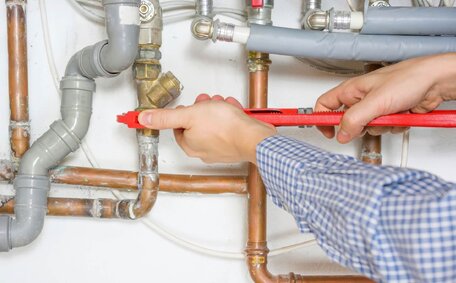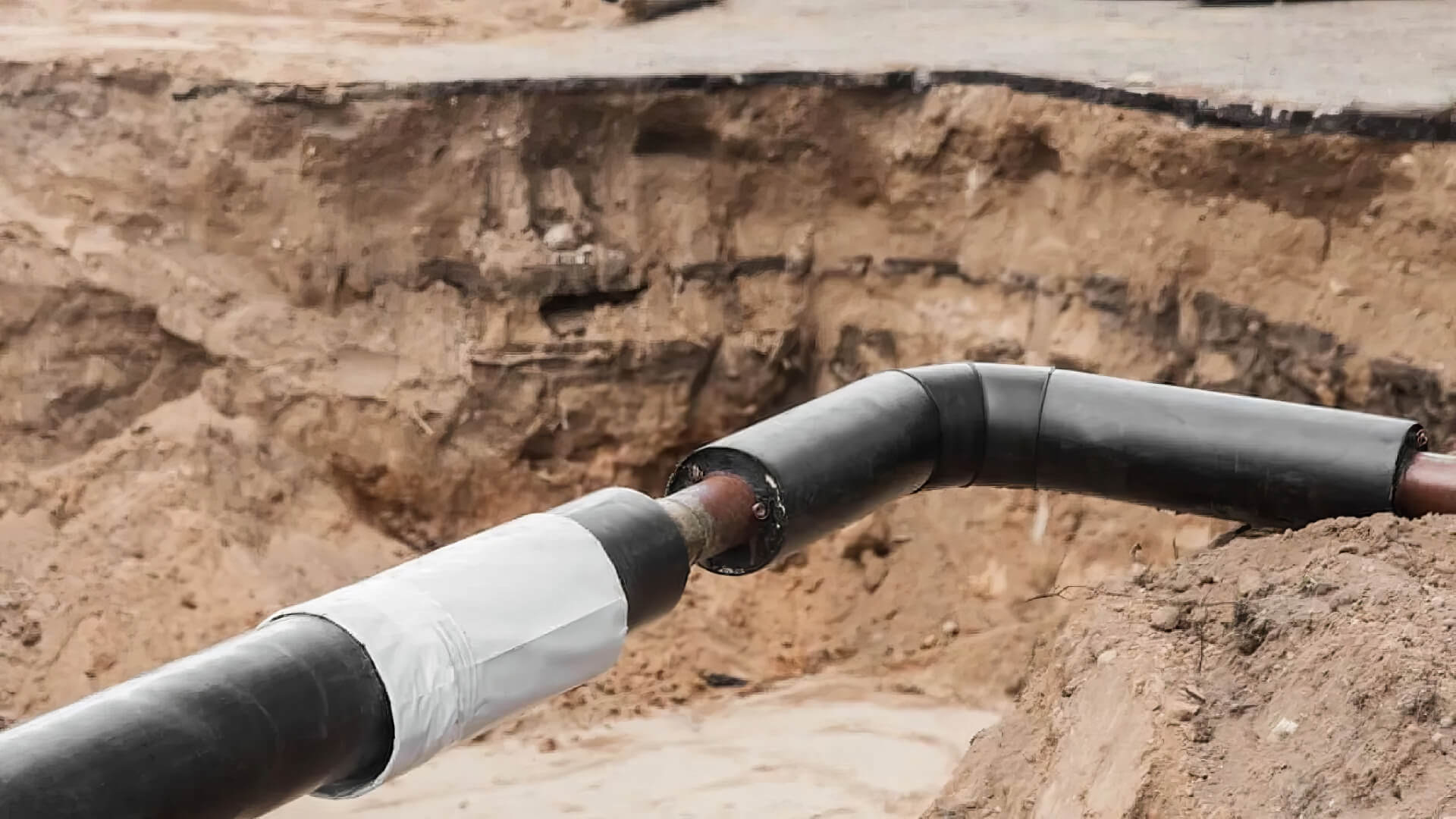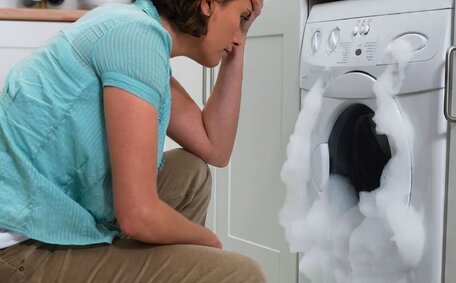
What’s involved in upgrading your gas meter?
Upgrading your gas meter is a simple process completed by qualified technicians. It involves disconnecting your gas supply for 15 minutes to swap the meter. Contact us today for a quote.
Read MoreRecognising the signs of a blocked drain emergency early is crucial to avoid extensive property damage or health risks. Some key indicators that your drain is completely clogged include:
A fully blocked drain means water and sewage have nowhere to go. Professional plumbers have the tools and expertise to clear blockages and ensure proper water flow, preventing catastrophic damage. In the event of a complete blockage, it’s imperative to call an emergency plumber without delay.
Stagnant water can escalate to flooding and promote hazardous mould and bacteria growth.
Common causes of blocked drains include:
If you suspect root invasion or gradual buildup, have your pipes inspected and cleared professionally on an ongoing basis.
Implementing sink strainers can be an effective measure to trap unwanted materials.
Tree roots pose a major threat to underground sewer and drainage pipes. As roots grow they seek out sources of water and can go down to infiltrate even the smallest cracks or gaps in pipes. Expanding roots can exert significant pressure, leading to shifted pipe joints and cracked or ruptured pipes, requiring professional plumbing intervention.
This can cause drainage backups, sewage overflows, foul smells and even sinkholes. Tree roots are responsible for the majority of sewer line clogs, contributing to as much as 80% of blockages. They also rack up huge costs in pipe repairs and replacement.
To mitigate the risk, carefully plan your landscape when planting trees anywhere near pipes. As a rule of thumb, avoid planting trees within 3 metres of plumbing. Consider safe, pipe-friendly alternatives like small shrubs or flowers when planting near utility lines.
In high-risk areas, installing physical root barriers alongside pipes can also deter root overgrowth. Consult with your plumber for the best solution before tree issues arise.
At the first signs of pipe damage or clogs from roots, act fast by contacting an emergency plumber. They can diagnose the issue, clear immediate obstructions, and repair any broken pipes to restore function.
Over months or years of drain use, a gradual buildup of debris, grease, and other gunky materials can accumulate along pipe walls. Food scraps, fats and oils, hair, dirt, and other household wastes that aren’t caught by sink strainers eventually harden and narrow pipe openings when flushed down drains.
Ignoring these buildups can result in severe blockages, akin to the effects of clogged arteries. Small obstructions capture passing debris, progressively causing a slow flow of water more and more. Eventually total blockages form.
Use drain catchers and cover sinks when not in use to prevent stray items from slipping into pipes.
Always remove leftover greasy or fibrous food from plates before rinsing them. Mindful sink and drain usage can minimize the risk of this buildup. Collect oil and grease in containers for disposal rather than pouring down sinks.
It’s important to acknowledge that even with cautious use, small drain obstructions can develop over time. Regular inspections and clearing by a professional plumber every year or two can prevent complete blockages. They have specialised augers, pressure jets, descaling solutions, and camera equipment to maintain unobstructed drains and keep waste flowing freely.
If you notice the early signs of a minor clog, there are a few do-it-yourself methods you can try before calling a plumber:
Boiling water can help dissolve and dislodge grease clogs in your drain. Avoid pouring too much to prevent cracking pipes or scalding yourself. Allow the water to sit for 5-10 minutes then flush with cold water.
A heavy-duty sink plunger can create the necessary suction to dislodge debris within the drain. Plug overflow holes, submerge the plunger entirely to form a tight seal, then plunge vigorously 15-20 times. Finish by running hot water to help flush the freed clog.
Mix 1 cup baking soda with 2 cups vinegar and pour the foaming solution down your drain. Repeat if needed but avoid this method after trying other chemical drain cleaners.
This mixture can efficiently dissolve light clogs due to its chemical reaction. Let it sit 5-10 minutes then rinse with hot water.
These do-it-yourself methods work well for minor sink or tub clogs. However, if you’ve tried them without success, standing water persists, or you suspect a blocked sewer line, call an emergency plumber immediately. Professionals are equipped with tools and expertise to clear blockages effectively, so promptly call emergency services to prevent further pipe damage.
It’s essential to contact a professional plumber if you encounter any of these serious blocked drain situations:
Unaddressed clogs can deteriorate into unsanitary conditions, damage property and pose health hazards. Call Mortdale Plumbing on 1300 349 338 for emergency assistance day or night. We have a rapid response team available 24/7 to tackle blocked drains.
When you call, provide key details like:
This helps our technicians bring the proper specialised drain cleaning equipment to clear even the toughest obstructions quickly and efficiently in a single service call.
We also offer plumbing services like preventative maintenance plans to keep your pipes clear and reduce lifetime drain emergencies. Contact Mortdale Plumbing to learn more.
Exposure to raw sewage poses severe health risks due to the bacteria, viruses, parasites, and toxic gases it contains. Pathogens in raw sewage can lead to serious infections affecting the gastrointestinal tract, skin, and respiratory system.
Common illnesses linked to raw sewage contact include:
Ingesting, inhaling, or exposing open wounds to untreated sewage and its contaminants is hazardous. Any contact with untreated sewage should prompt immediate response and decontamination measures.
If you ever touch raw sewage or experience overflows affecting your plumbing system inside your home, thoroughly wash exposed skin and clothing with hot water and soap. Disinfect contaminated surfaces with a bleach solution. Monitor for symptoms of infection and call a doctor if concerned.
Raw sewage spills call for professional cleanup. The technical equipment and protective gear of emergency plumbers safely contains, clears, and sanitises impacted areas. They also repair any plumbing fixtures and pipe issues allowing overflows so your family and home stay safe.
At the first sign of an internal sewage leak, evacuate the area and contact Mortdale Plumbing immediately by calling 1300 349 338. We’re available 24/7 to respond to hazardous sewage emergencies and prevent risks before they escalate.
Following proactive preventative measures can help avoid recurring blocked drains in the future:
Exercise caution with what is disposed of in your sinks and drains. Always discard food scraps in the bin, not the drain, to prevent blockages.
Place sink strainers to catch stray items like hair.
Avoid strong chemical drain cleaners, as they can harm your pipes. While they may clear clogs initially, the abrasive ingredients can gradually damage pipes over time, increasing future blockage risks.
Sink drain screens or basket strainers can stop debris while letting water flow freely. This simple solution catches stray items before they cause issues.
Address minor clogs promptly with boiling water, a plunger, or a baking soda mixture. Don’t allow even small obstructions to worsen into complete blockages requiring professional assistance.
Regular professional power cleaning every 12-24 months can halt the gradual buildup in pipes. This maintenance helps optimise drainage, extend plumbing lifespan and prevent emergency blockages.
Contact Mortdale Plumbing on 1300 349 338 to learn about our affordable drain cleaning and preventative maintenance plans. Proactive maintenance can prevent costly clogs and ensure smooth plumbing operation.
Upgrading your gas meter is a simple process completed by qualified technicians. It involves disconnecting your gas supply for 15 minutes to swap the meter. Contact us today for a quote.
Read MoreWe use only the most durable, long-lasting and eco-friendly pipe relining materials such as PVC and epoxy resin to repair pipes without excavation.
Read MoreChemical drain cleaners contain toxic chemicals like sulfuric acid and sodium hydroxide that can damage pipes, disrupt septic systems, and harm humans if inhaled or make contact with skin. Avoid chemical drain cleaners and call Mortdale Plumbing at [phone] for safe, eco-friendly drain cleaning.
Read MoreMortdale, 2223 NSW
We will call back as soon as possible.




